Response to Law Commission of India on Uniform Civil Code
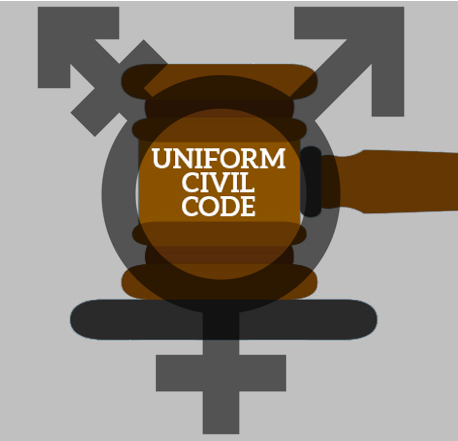
 The Law Commission of India had prepared a report on “Uniform Civil Code” in 2018. Prior to this, they had asked for submissions from civil society towards the feasibility and possibility of the UCC. Women’s groups engaged in this debate for many years and so many submissions were made seeking gender equality in laws related to family via the secular laws or religious laws.
The Law Commission of India had prepared a report on “Uniform Civil Code” in 2018. Prior to this, they had asked for submissions from civil society towards the feasibility and possibility of the UCC. Women’s groups engaged in this debate for many years and so many submissions were made seeking gender equality in laws related to family via the secular laws or religious laws.
Taking this as a possible way of also tabling the issues around family laws faced by queer people, some of us, queer feminist LBT* activist individuals and organisations also made a submission to the LCI in July 2018. Our recommendations attempt to expand and alter the notion of family and also flag some issues arising out of the NALSA judgement. We share these here to broaden the debate and welcome comments and discussions on these issues with others.
July 10, 2018
To
Law Commission,
Justice Dr. B S Chauhan
Subject: Response to Law Commission on Uniform Civil Code
We are a group of feminist organisations and individuals who have been working with lesbian and bisexual women and trans persons and are also part of the larger women’s rights movements in the country. Details of our work and backgrounds are attached with this letter.
Many of us have been part of discussions and debates on gender justice in family laws. We have all been working with communities that do not usually get covered by the ambit of family laws, and yet who get affected directly by laws around inheritance, custody and adoption of children, which are directly under the purview of personal laws.
In the last few years, there have been many debates around different assertions of gender and sexuality in society and very often in the courts as well. The latest judgement that has given relief to a large number of citizens and which is hailed as a landmark ruling is the verdict given by the Supreme Court in April 2014 in NLSA vs Union of India and ors. In this verdict the Supreme Court upheld the right of “transgender persons right to self-identified gender” and directed “the Centre and State governments to grant legal recognition of gender identity such as male, female, or third gender.” It also directed the Central and State Governments to take measures to safeguard their fundamental rights.
In this judgement the esteemed court looked at and referred to some of the Yogykarta Principles and said that “ Principles . . . including Yogyakarta Principles, which we have found not inconsistent with the fundamental rights guaranteed under the Indian Constitution, must be recognised and followed, which has sufficient legal and historical justification in our country.
We would like to highlight in the context of the debate and enquiry on the Civil Code or on laws related to marriage, divorce, inheritance, custody and guardianship Principle 24 of these Yogyakarta Principles.
PRINCIPLE 24. The Right to Found a Family
Everyone has the right to found a family, regardless of sexual orientation or gender identity. Families exist in diverse forms. No family may be subjected to discrimination on the basis of the sexual orientation or gender identity of any of its members.
States shall:
a) Take all necessary legislative, administrative and other measures to ensure the right to found a family, including through access to adoption or assisted procreation (including donor insemination), without discrimination on the basis of sexual orientation or gender identity;
b) Ensure that laws and policies recognise the diversity of family forms, including those not defined by descent or marriage, and take all necessary legislative, administrative and other measures to ensure that no family may be subjected to discrimination on the basis of the sexual orientation or gender identity of any of its members, including with regard to family-related social welfare and other public benefits, employment, and immigration;
Since the Law Commission is looking at issues related to Uniform Civil Code, we use this context to give suggestions for changes within family laws so that justice is done to all citizens of this country and the mandate of the Supreme Court verdict is also adhered to.
Our submissions can be classified under two heads.
- Issues in family laws that have cropped up since the Supreme Court recognised genders beyond male and female and also that self identification is the way to determine a person’s gender.
- Issues arising especially with respect to key decisions and choices in lives that are not approved by natal families.
Collectively, we have a vast pool of experience in both these areas and we explicate below our concerns and our specific requests for inclusion in the laws related to the personal and the family. These are essentially insights that we have gained as part of our larger struggle for getting equal rights for all citizens of this country.
1. Issues related to Transgender persons’ rights in existing laws:
As soon as gender identities are recognised, there are issues that come up in the context of family laws and we would like to highlight them and request you to address them in your report on the civil code or family laws as the case may be.
The family is an institution where the gender roles are well defined and laws reflect some of these notions of gender practice at the level of the family even today. All our family laws clearly identify a person by their gender. It could be in terms of differential inheritance for sons and daughters, or it could be different clauses as reason for divorce for husband and wife, or it could be ability or inability to be declared guardian of the child.
When there are such clear directions based on the gender of the person concerned, there obviously arises the question of what happens if the person’s identity is neither man nor woman? Also if the person chooses a gender identity that is different from what they have been assigned at birth then how do these criteria affect their other rights and responsibilities in their familial roles? We urge you to look at the following incidents which are all concerns of people that we have been in touch with.
1A. Issues related to marriage and divorce:
Marriage is defined as possible between a man and a woman within all laws. Even though Hindu law speaks of marriage between two persons, it actually throughout speaks of husband and wife thus assigning specific genders to the two persons in marriage. The SC verdict says that people can self identify as “either male, female, or transgender/third gender”. All people today are assigned either male or female at birth and so the self identification means that at some point a person might self identify in a gender different from that which they were assigned. This creates some issues around marriage laws.
a. Two people are married under any personal law or the Special Marriage Act. If at some point in their marriage, one of them self identify as a gender different from the one they were at the time of marriage, with full consent from their spouse, and if they want to continue to live together in the marriage, how would their rights as a couple to be recognised as parents of children, to being considered as family in any employment or insurance or property related right be protected?
V and A married under the Hindu Marriage Act and now have a child. V has transitioned from male to female with the consent and full knowledge of the spouse A. V and A plan to stay together and remain married, and raise their child together. They are worried about the legal validity of their marriage if V changes her legal gender to female, in accordance with her physical transition.
b. In our reading of the law if a person self identifies a gender within the binary (that is if they were assigned male at birth but self identify as female or vice versa), they shall be considered a man or a woman and hence can get married under the law. This needs to be clearly stated so that people access formal systems of marriage and do not suffer because they did not register their marriages formally. We give below a recent case of a trans man and his wife who suffered because he did not get the required legal protection of the law and the family to survive through their differences.
C, a trans man ,was in love with a woman H. He proposed to her and she married him with full knowledge of the fact that he was a trans man. Both their families knew about this marriage and relationship. Post marriage, C went through his transition surgery in the same hospital where he worked with his wife nursing him. The couple also went in for IVF to get a child but were unsuccessful. C supported his wife’s family financially and also helped her set up a beauty parlour. Through this whole period they did not register their marriage. Subsequently, H fell in love with a cis man. Her family started dissuading her from keeping her relationship with C and also taunted C for not being a ‘real man’. C and H separated. One day C went to meet H in her beauty parlour to ask her to restart the relationship, she firmly refused. In frustration C doused himself in petrol and lit a fire right there and died a week later.
c. What are the provisions for a transgender person who wishes to marry a cis man or a cis woman? We know of many instances of such marriages especially of hijras marrying cis men and unable to register these as marriages. Some have even tried to do so and failed.
1B. Issues related to inheritance:
In some of our existing laws there is a differential treatment between sons and daughters of a family and also difference between male and female relatives. The question that transgender persons are asking today is that in case they transition, will their inheritance rights change as per these laws? Also if they identify a gender different from male and female then what will be their inheritance rights?
The same person cannot have different rights because they identify in a different gender. The debate here for us is not of identifying the “true” gender of the person and giving them rights as per that.
As we understand this is actually a case for demands for gender equality in all laws, a demand that has been raised by women’s groups and women’s rights advocates for a long time. We believe that self identification of gender actually unravels before us the social construction of gender. In a secular democratic country where the Constitution assures no discrimination based on sex, such differential laws do not make sense.
So we hope that all inheritance laws are made equivalent and irrespective of the genders of the persons in the familial relationships.
1C. Issues related to Adoption:
Adoption and guardianship laws are also gender dependant. This affects the rights of those who already have children prior to their transition and also those who wish to adopt children. In recognising the full civil rights for transgender persons, right to adoption and guardianship is an important aspect that needs to be looked at.
As per the new CARA guidelines and changes within the J J Act, a man cannot adopt a girl child while a woman can adopt a boy child. How does this clause apply to trans men and trans women? What about a person who identifies as transgender or third gender? Can they adopt a child of any gender?
Again as in the case of inheritance, we think that the law should not be gender dependant. If there is fear of CSA and the redressal for CSA under POCSO is gender neutral, this clause makes no sense at all. We urge that the adoption guidelines be made gender neutral.
To conclude, all of the above situations arise from the fact that currently in India we have recognised the fact that people can self identify a gender different from the one assigned to them at birth. At the same time along with male and female, there is recognition of other genders as well. This immediately suggests that a number of laws need to be altered or formulated afresh so that an already neglected and marginalised community of people gets full access to rights as citizens within the country.
We understand that most of the family laws are religion based and there may be a problem in amending all of them to take into account these realities. Changes within the special marriage act to accommodate some of these concerns and also making of secular inheritance and adoption laws accessible to all citizens irrespective of the religion that they are assigned at birth, in our opinion seems to be the way in which many of these dilemmas can be addressed.
2. Issues related to key decisions in lives not approved by natal families.
In the work that we do, and in many of our lives, we find that our support systems and care networks are very different from our natal families. Often when people make choices in their lives that are distinct from those that their families want them to make, they make support systems that draw upon others not necessarily the natal family. This could be friends, other people like them, or other community spaces like the hijra households. In case of those assigned female at birth this happens more often since parents and even the State often see unmarried “daughters” as incapable of taking decisions about their lives.
We have many instances of how families control people’s lives in multiple ways. From the point of view of families, it is done in the notion of looking after the welfare of the adult person concerned but in effect it means being the medium to impose societal ideas of normative gender and sexuality. The methods used are often very harmful and very difficult for those who resist and get out and assert their choices.
When a trans man started expressing his gender identity and dressing as a man his family thought he had been possessed by a demon and took him to the local exorcist. He stayed with this exorcist for days and was sexually abused, often to the point of losing consciousness. The exorcist even offered to marry him. Realising how wrong the entire situation was, he ran away and returned home, where his parents weren’t happy to see him. They forced him to wear a burkha and locked him inside a room for months. The situation was such that, he had to run away from his natal home.
R is a single child of her parents. She is in her late twenties and from a town in Assam. She works as an assistant professor in a college. Her father is the principal of the college. Her family has recently come to know about her sexual orientation as a bisexual woman. She is constantly kept under surveillance. Her father has setup a CCTV camera in her room. She is forced to hand over her entire salary to her father as soon as she receives it. She encounters mental torture from her natal family members every day. We have found out about this person recently and she is still in contact.
A woman X and a trans* person Y, both taxi drivers were in a deep friendship with each other. Their messages were intercepted by X’s family. She had to run away from home and started living with Y. Due to the pressure of the family she even gave a statement to the police that she had run away. Within a few days the family came and abducted her back with full support of the police. They confiscated all her papers, her certificates, her driving license and kept her under house arrest. She managed to run away and come back but the organisations supporting her had to fight a hard battle with the police and the family to get all her papers back so that she could continue to drive her taxi and live independently with her friend.
G was a 22 year old trans person who was assigned female at birth. G wanted to start their medical transition but their parents did not support them through this. They managed to get some organisation’s support and approached a doctor. The doctor, however, also refused saying that they could not start any procedure including administering of hormones without the parents’ permission. Feeling helpless G jumped off a four storey building and killed themselves. This is a case from May 2018.
These are just a few of the many examples that we have come across of the nature of family violence against people asserting their gender and sexuality related choices. They are subjected to many punishments like physical and mental abuse, sexual abuse, corrective rapes, humiliation, house arrests, denial of education and other entitlements, disinheritance from property, abandonment and neglect, forceful medical corrections like ECT and administering of harmful drugs, forced marriages and pregnancies, and many more.
Many people do not manage to get enough support to survive all this and build a life of their choice. Either they succumb to live lives dictated by others or are forced to end living. Some of us do manage to survive through this all and make a life for ourselves with the help of others, often people in similarly precarious life situations as themselves. These others who are the support structure, however, do not have any legal recognition.
Hence, at some point of vulnerability like a bout of physical or mental illness or any other crisis, the natal family steps in to take decisions and force these on the person while completely denying the established support structure to be involved in this decision making. This is often in violation of what the person themselves may choose.
Two persons lived together for six years. At a time when one of them went through a mental breakdown partly due to their family’s disapproval of their life, the family swooped in forcibly taking decisions about health care and separated the two. It took many friends and supporters and a lot of negotiation with the hospital authorities and the family to be able to assert the fact that the two people were living with each other consensually and that it was unjust to do this separation.
A trans man and his partner lived together for three years. The woman partner had a child while they were together and they both brought the child up together. On the sudden death of the woman, the trans man had to struggle to claim their child as his own because the natal family wanted to establish their kinship and take the child from him.
P ran away from an abusive home at the age of 18 to be able to live in her self identified gender identity and found home and support in a hijra gharana. At the age of 24 she suddenly died. Her family was informed and as soon as they came they took charge of the last rites for P. They dressed her in male clothes, cut her hair, and finally did her last rites as their son with the name they had given her. None of her large family of grieving hijras and other friends and activists could prevent this from happening.
It is evident from these examples that for many of us our natal families (by birth or adoption) may not really be the people we want to leave our property, earnings or loans to; we may not see them as taking over care functions in times of debility and disability; we may not see them as deciding for us at times of medical incapacity and so on. Instead we may want to appoint person/s who we think can take care of our material, medical and other needs during our lifetime and after death.
To help resolve these situations we suggest that there be some way by which people are legally able to announce the names of the persons who can take decisions for them or who they feel are better suited to be called their “legal representatives” rather than the ones legally acquired through blood.
The “Legal Representatives” shall act on our behalf in life and death in matters related to:
- Choice of profession
- Choice of living arrangements
- Choice of nominees
- Choice of custody of minor children
- Choice of heirs
- End of life decisions
We request the Law Commission to issue guidelines for people to register their legal representatives through affidavits or other methods which are accessible and easy to execute with a standard format.
This option be made available to all those who are not in marriages recognised by law.
These are some preliminary suggestions from a few groups and individuals who have been working with and living such lives for many years now. We urge the Law Commission to seriously consider these lived realities and suggest changes in family laws to account for these lived realities. We also wish to impress upon the commission the need for very large consultations with many others across the country so that all citizens can avail of just laws related to family.
Thank you.
Chayanika Shah. LABIA – A Queer Feminist LBT Collective, Mumbai
Minakshi Sanyal. Sappho for Equality, Kolkata
Maya Sharma. Sabrang, Vadodara
Rituparna Borah. Nazariya – Queer Feminist Resource Group, New Delhi
Rumi Harish. Alternative Law Forum, Bengaluru
Deepti Sharma, New Delhi
Jaya Sharma. New Delhi

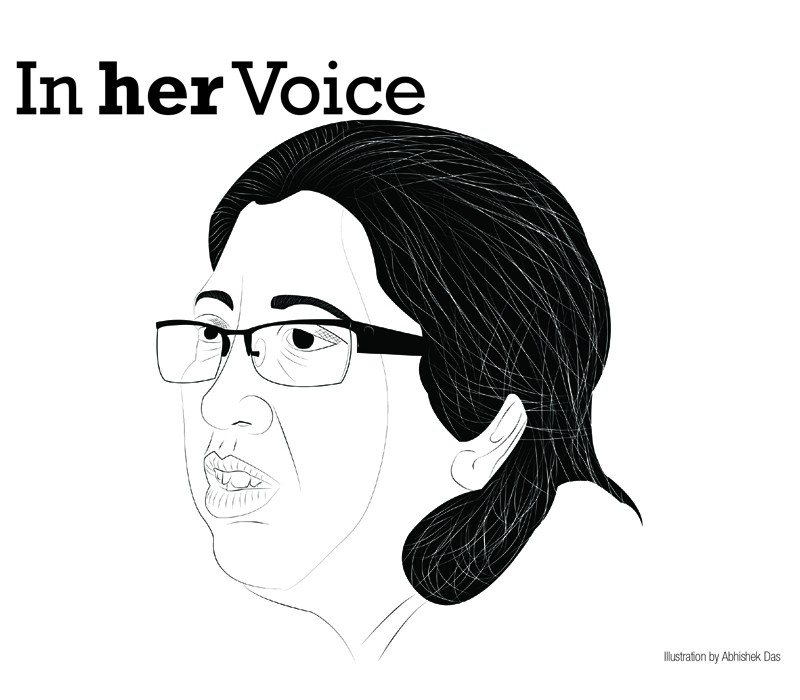
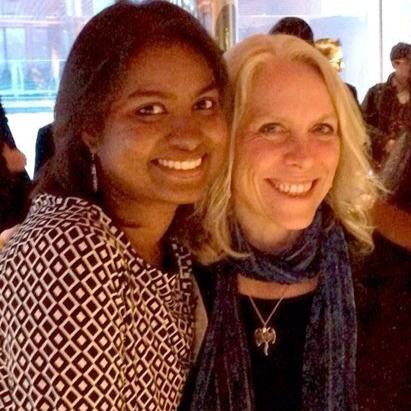
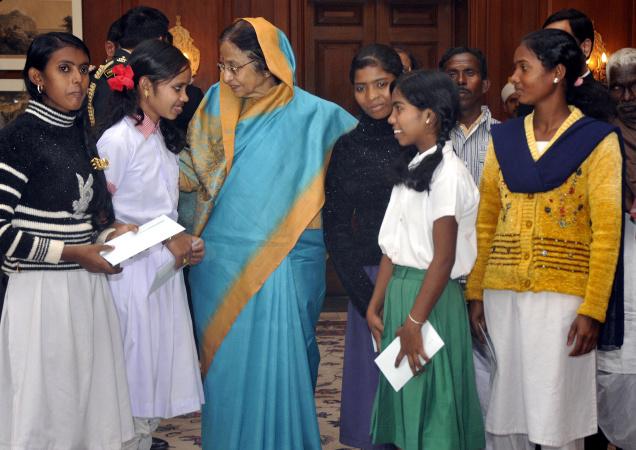
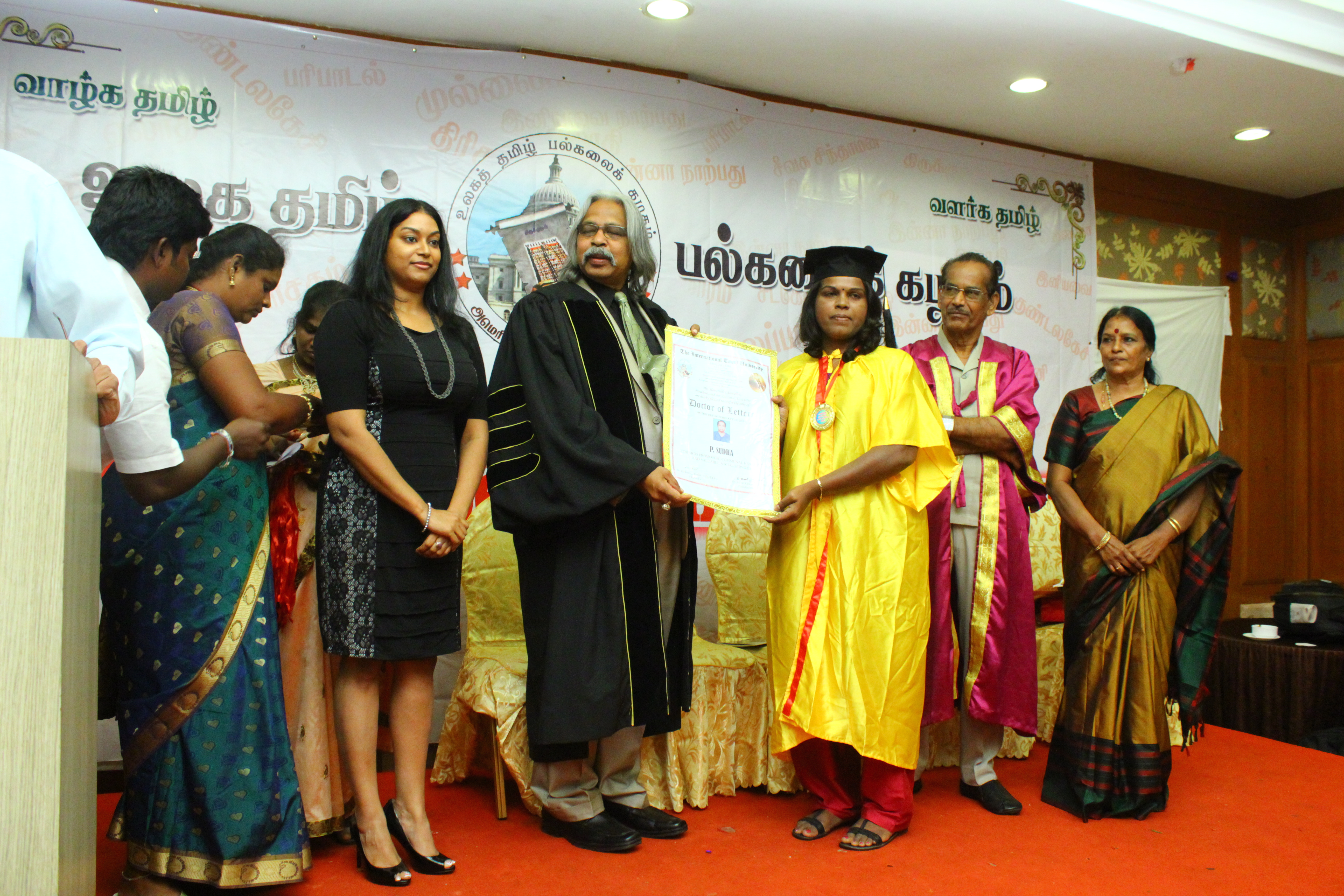
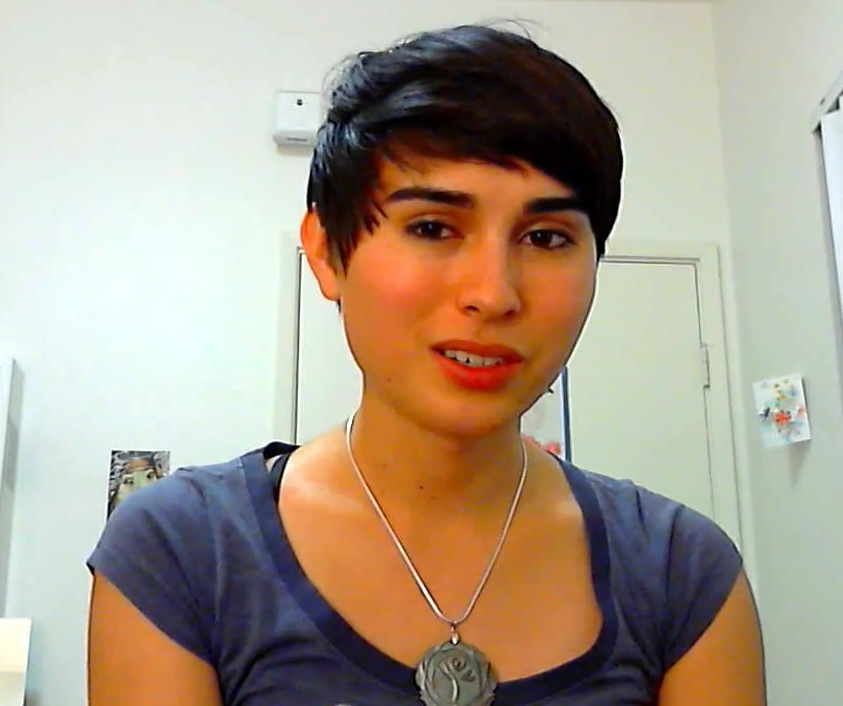
One Comment